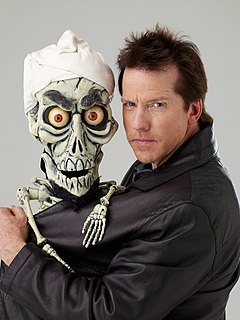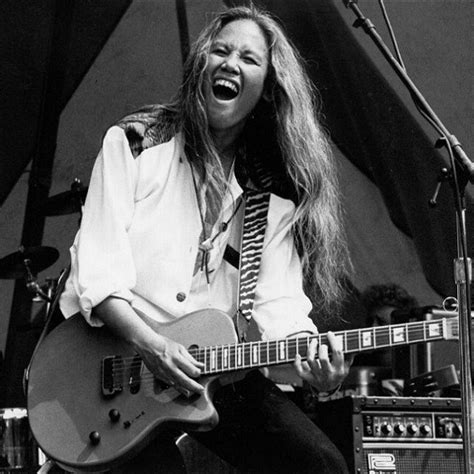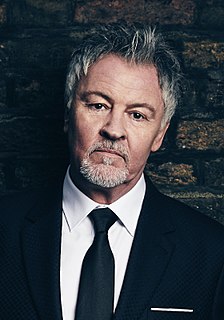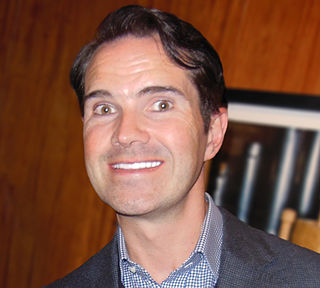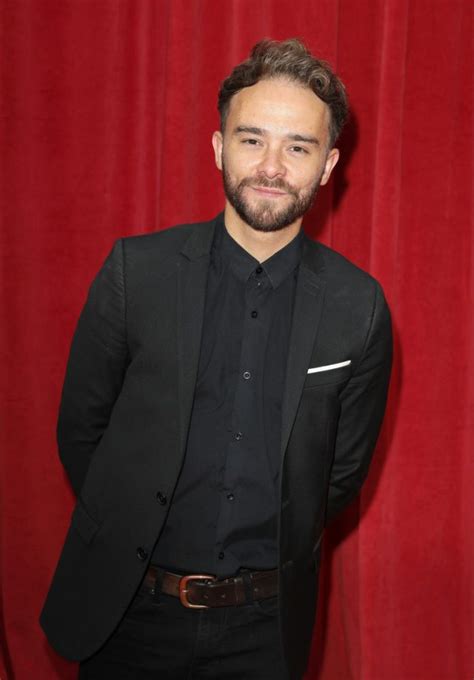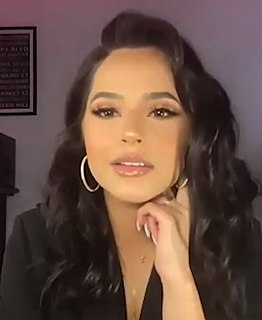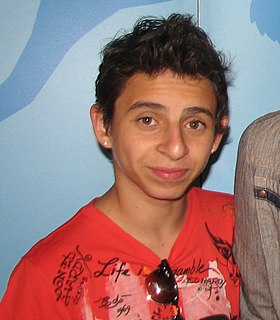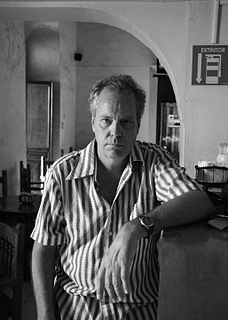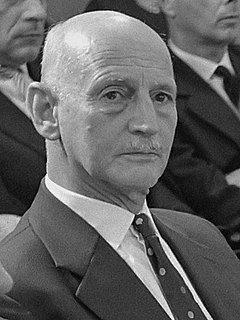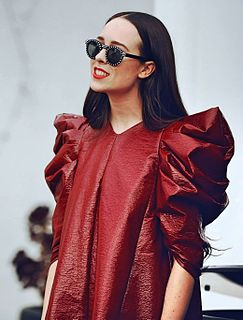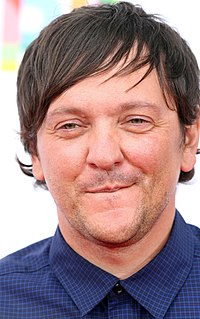A Quote by Elton John
I was incredibly confident on stage because that's where I loved to be. But offstage, there was no balance. I was a little shy kid that went onstage. And I always said, cocaine was the drug that made me open up. I could talk to people. But then it became the drug that closed me down. So it started out by making me talk to everyone, and then ended up by me isolating myself alone with it; which is the end of the world, really.
Related Quotes
Onstage it was always comfortable for me because that's where I felt at home. Offstage it was a different situation. I was still shy offstage and unfortunately, my shyness and my inability to communicate and really have great conversations or be part of the gang - in inverted commas - led me to the drug addiction, which, you know, blighted my life for 16 years because I thought by doing that it would make me join in.
Music saved my life. I mean, music is life. It is everything to me. It's why I can meet people - I was so shy as a kid, and when I started to write songs and perform them with my sister in front of the public, people started to talk to me, and that made me feel really good. Everything about it has always been positive.
When I was about 17, I didn't speak. English was like a foreign language. I'd just grunt. The only time I talked was when I said my lines on set. I didn't speak to any of the actors or anything. Then one day Alison from the Corrie press office started talking to me in the green room and I just decided to talk back. She ran upstairs to tell everyone that she'd just had a 10-minute conversation with me like it was the most unbelievable thing in the world. I just woke up one day and thought, 'I'm going to talk today'. I've really made up for lost time since.
[Jack Johnson] became a superstar and started his own record label, and then he made and produced my first record, he co-wrote the songs on there, and then he let me open up for him for two years all around the world. And that was like the best start I could've had, the best way I could've started in the music scene.
I personally hated working out when I first started, but then I noticed it was the one thing I did for myself. It gave me more energy and made me feel more confident. I started rolling with it. I love going for jogs and walks in the morning with my cousin. Sometimes we do sunrise walks where we'll be up before the sun comes up and by the time it does we're up and going. It's really nice. I also started training MMA, mixed martial arts to keep it fun. It's stress relieving.
One day in Auschwitz I became so dispirited that I couldn't carry on. They had given me a beating, which wasn't exactly a pleasant experience. It was on a Sunday, and I said: 'I can't get up'. Then my comrades said: 'That's impossible, you have to get up, otherwise you're lost'. They went to a Dutch doctor, who worked with the German doctor. He came to me in the barracks and said: 'Get up and come to the hospital barracks early tomorrow morning. I'll talk to the German doctor and make sure you are admitted'. Because of that I survived.
I've always just felt like an outsider. I've always been made fun of in school ever since kindergarten. For me, when I started singing, that's when I started making "friends,". That's when people started taking an interest in me. That was the thing that made me likable, I guess. Maybe even lovable! I think that's really why I'm so hellbent on doing this as a career is because those are the moments where I felt at my most confident.
I started doing comedy just as myself, because I thought, "This is what's expected, you're meant to tell stories and do observations." And then I started to realize that I wanted to mix it up a bit, so I started to doing songs, and I had a little keyboard onstage and would bring in little props. Then I thought about the idea of talking about a character and becoming the character onstage. So, it sort of morphed into being stand-up that was more character based, and I found that's the stuff I got the better reaction from and was more exciting for me.
I fell in love with you," he said, "because you were one of the bravest people I'd ever known. So how could I ask you to stop being brave just because I loved you?" He ran his hands through his hair, making it stick up in loops and curls that Clary ached to smooth down. "You came for me," he said. "You saved me when almost everyone else had given up, and even the people who hadn't given up didn't know what to do. You think I don't know what you went through?

